

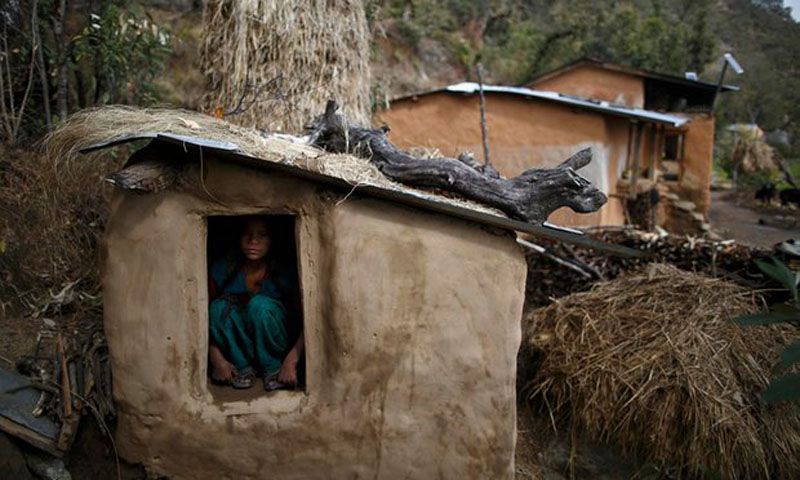
Despite numerous efforts to counter the practice of chhaupadi, which banishes menstruating females into isolated sheds, the deep-rooted fear of repercussions from their clan deity continue to perpetuate the harmful tradition in Western Nepal. Activists and locals share stories of faith in the deity and consequences of breaking chhau rules, leading to the suppression of chhaupadi-related deaths. The superstitious belief that menstruating females are impure extends to the use of family toilets, forcing women to search for alternative options in the jungle. While some deaths may be reported, many more are hidden due to the fear of speaking against the chhaupadi culture.
Chhaupadi: A Harmful Tradition Rooted in Fear
Chhaupadi is a harmful practice prevalent in Western Nepal, which forces menstruating women into isolated sheds. This tradition is rooted in a deep-seated superstition that considers menstruating women impure, leading to their banishment from homes and communities.
Background
For centuries, chhaupadi has been practiced in many parts of Nepal. According to the belief system, menstruating women are considered "untouchable" and capable of bringing misfortune to their families and livestock. They are forbidden from entering temples, kitchens, or touching livestock.
Consequences and Challenges
Chhaupadi has severe consequences for women's health and well-being. Confined to unsanitary sheds, they face exposure to extreme weather, animal attacks, and health hazards. Many women have died from cold, smoke inhalation, or animal bites due to chhaupadi.
Activists and locals have faced challenges in eradicating the practice. Deep-rooted fear of the clan deity and threats of divine retribution have perpetuated chhaupadi. Many cases of suppression and cover-ups of chhaupadi-related deaths have been reported.
Efforts to Counter Chhaupadi
Efforts have been made to combat chhaupadi. The government has passed laws criminalizing the practice, and awareness campaigns have been conducted. However, the cultural stigma surrounding menstruation remains a significant barrier to its eradication.
Top 5 FAQs
Q1: What is the origin of chhaupadi? A: Chhaupadi is believed to have originated in ancient Hindu beliefs about menstrual impurity.
Q2: When was chhaupadi banned in Nepal? A: The Supreme Court of Nepal criminalized chhaupadi in 2005.
Q3: What are the consequences of breaking chhau rules? A: Breaking chhau rules is believed to carry severe consequences, including divine punishment and misfortunes.
Q4: How can we end chhaupadi? A: Ending chhaupadi requires addressing the underlying cultural stigma and fear associated with menstruation. Education, awareness campaigns, and legal enforcement are crucial steps.
Q5: What is the current status of chhaupadi in Nepal? A: While chhaupadi is officially banned, it continues to be practiced in some rural areas. Activists are working to eradicate the practice and provide support to women who are victims of it.
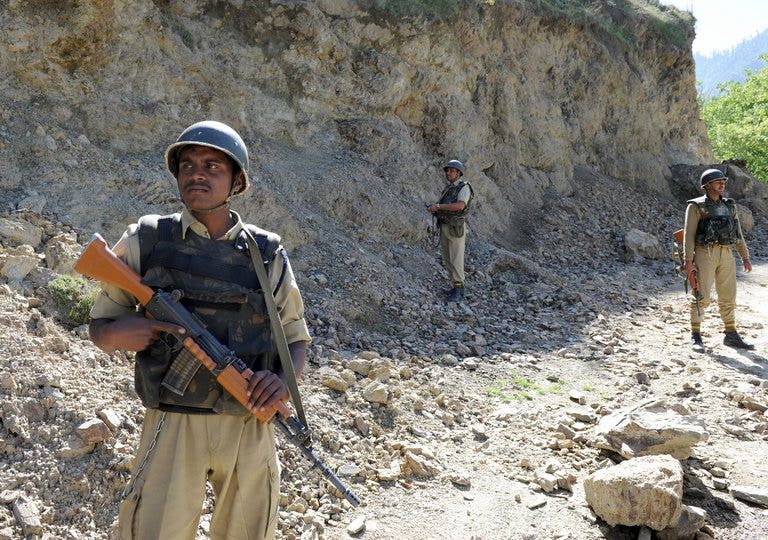
The tensions between India and Pakistan have heightened as the Pakistan Army has escalated its attacks on multiple locations along the Line of Control and the International Border. In response, the Indian Army and Border Security Force have swiftly and effectively retaliated to the unprovoked firing, while Pakistan has activated a wide stretch of its troops. Intelligence suggests that Pakistan has also further mobilised its divisions in anticipation of possible Indian retaliation. Despite the escalation, the Indian Army remains in firm control of the situation and is actively suppressing Pakistani firepower.
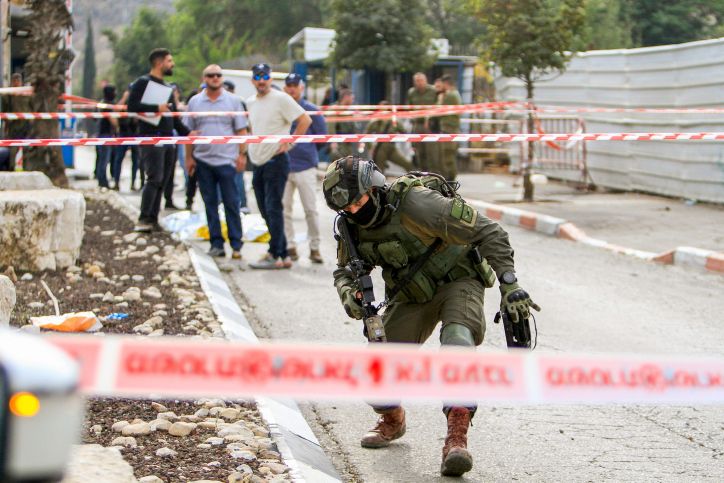
In the aftermath of the tragic terror attack on tourists in Kashmir's Pahalgam, Olympic bronze medallist wrestler Bajrang Punia expressed his sorrow over those who went in search of inner peace but met a brutal end. As the death toll rises and the nation reels from the horror of such senseless violence, the unrelenting hatred of such extremists is palpable. With officials linking the attack to a Pakistan-based terror outfit, the incident has sparked yet another tense moment in the ongoing conflict between India and its neighboring country.
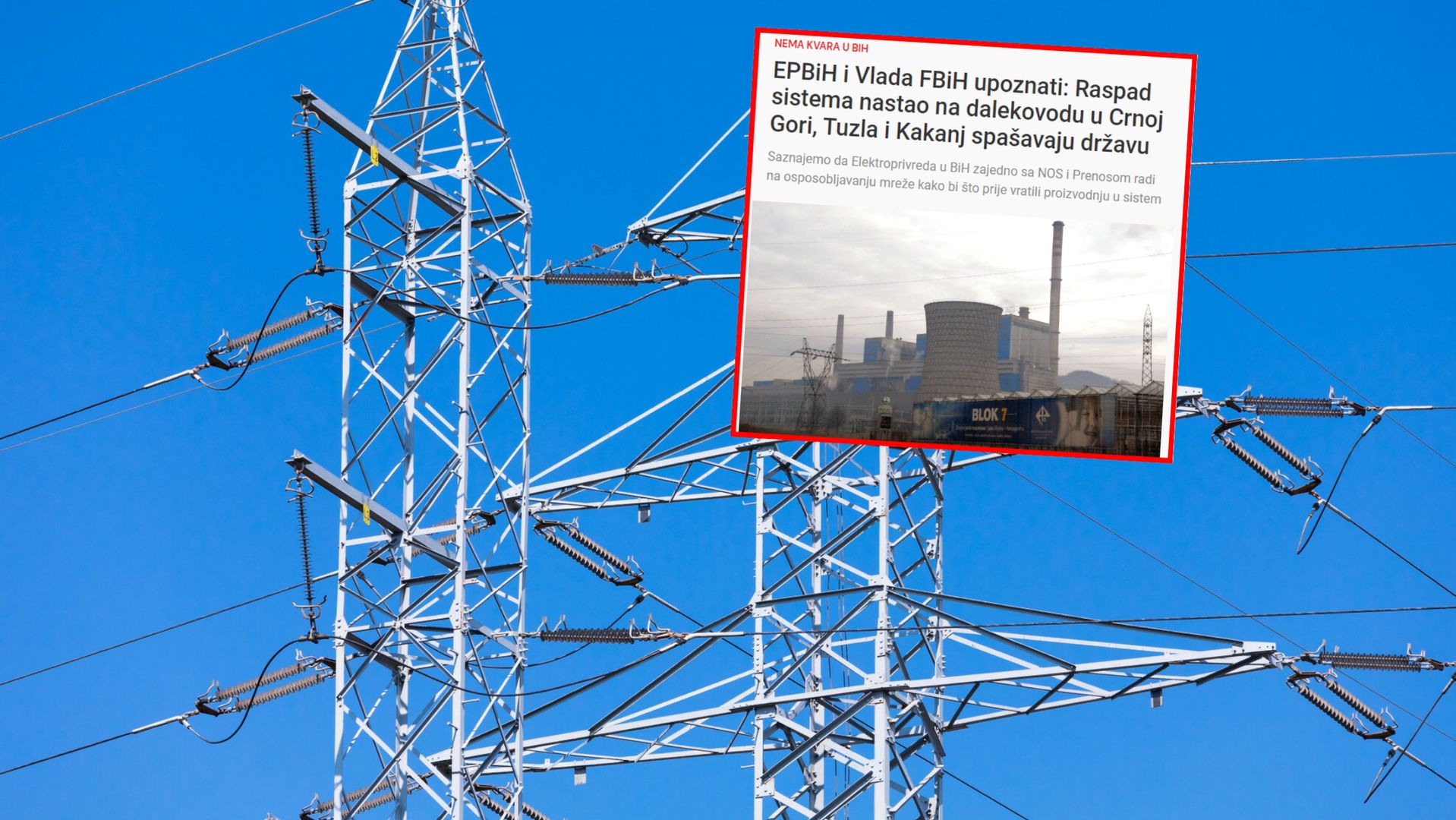
A widespread power cut in Western Europe has caused panic buying and chaos as 50 million people are left without electricity. Spain has declared a state of emergency and several other countries, including France and Portugal, have also been affected. Madrid's main airport has been hit, public transportation has come to a halt, and even airline operations have been disrupted. The situation is critical, with reports of one fatality and numerous cases of smoke inhalation due to a fire caused by the power cut. The Canary Islands have also been affected, with disruptions to their telecommunication systems.
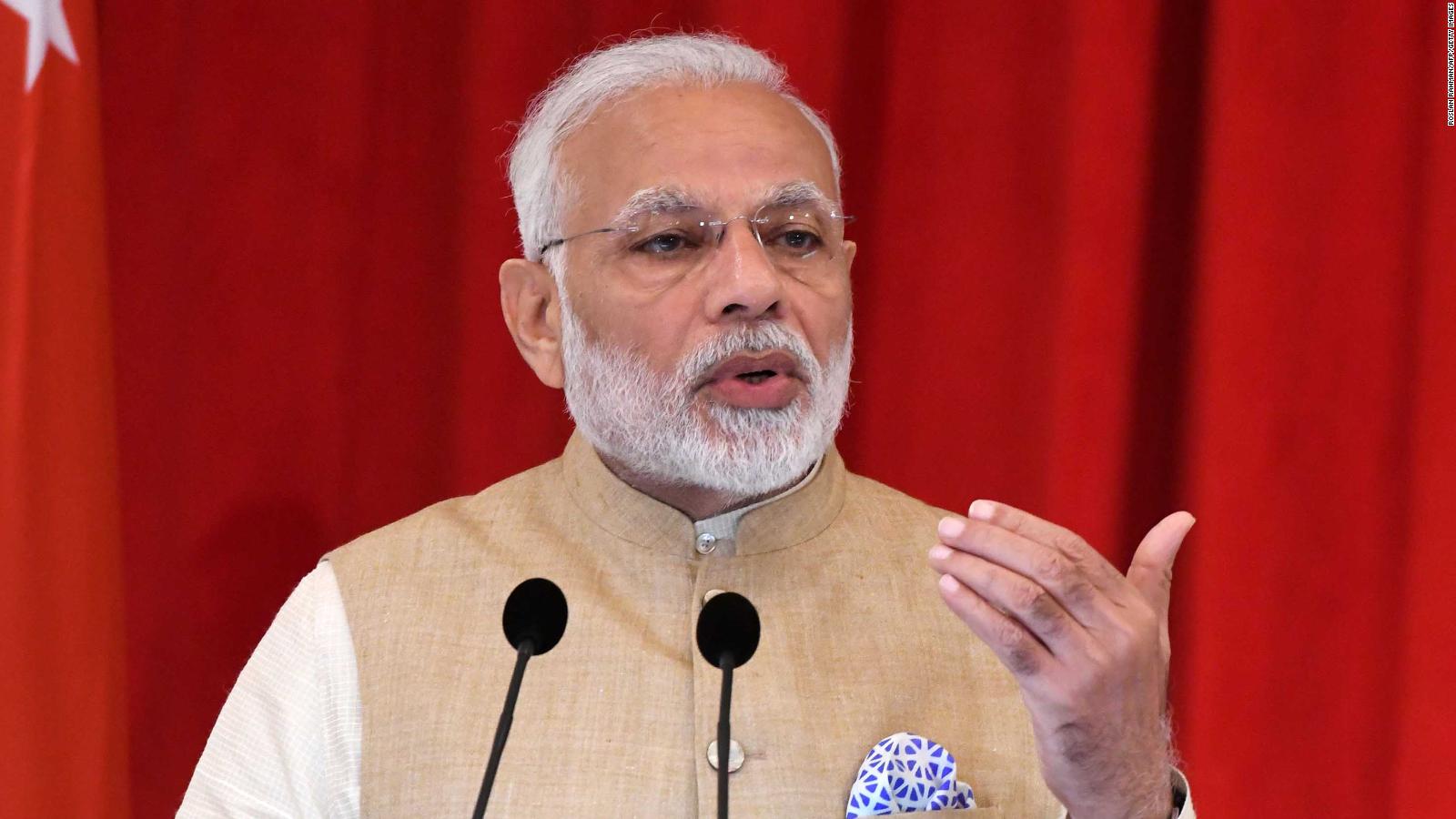
Prime Minister Narendra Modi and Defence Minister Rajnath Singh held a crucial meeting to review the security situation in Jammu and Kashmir following the recent terror attack in Pahalgam. The Prime Minister reiterated his commitment to delivering strong punishments to terrorists and their backers, while also reassuring the families of the victims. The attack, believed to be an attempt to disrupt the growth and progress of the region, has sparked international discussions, with Russia reaffirming its readiness to work with India to counter the global terrorist threat.

After the recent Pahalgam attack in Jammu and Kashmir, former Pakistan cricketer Shahid Afridi made controversial statements blaming India for the incident. He claimed that India promotes terrorism and kills its own people to put the blame on Pakistan. Afridi also expressed the need for sports diplomacy between the two countries and criticized India for not allowing the cricket team to travel to Pakistan. Despite his impressive career stats, Afridi's comments have sparked anger and backlash among Indians.

In response to the Pahalgam terror attack, the Indian government has taken further action against Pakistan by banning several Pakistani YouTube channels and top news networks in the country. These channels were found to be disseminating false narratives and misinformation against India, its Army and security agencies. This move is part of a series of non-military actions taken by the Indian government in the aftermath of the attack. Upon opening the banned YouTube channels, a message appears stating that the content is unavailable due to an order from the government related to national security or public order.
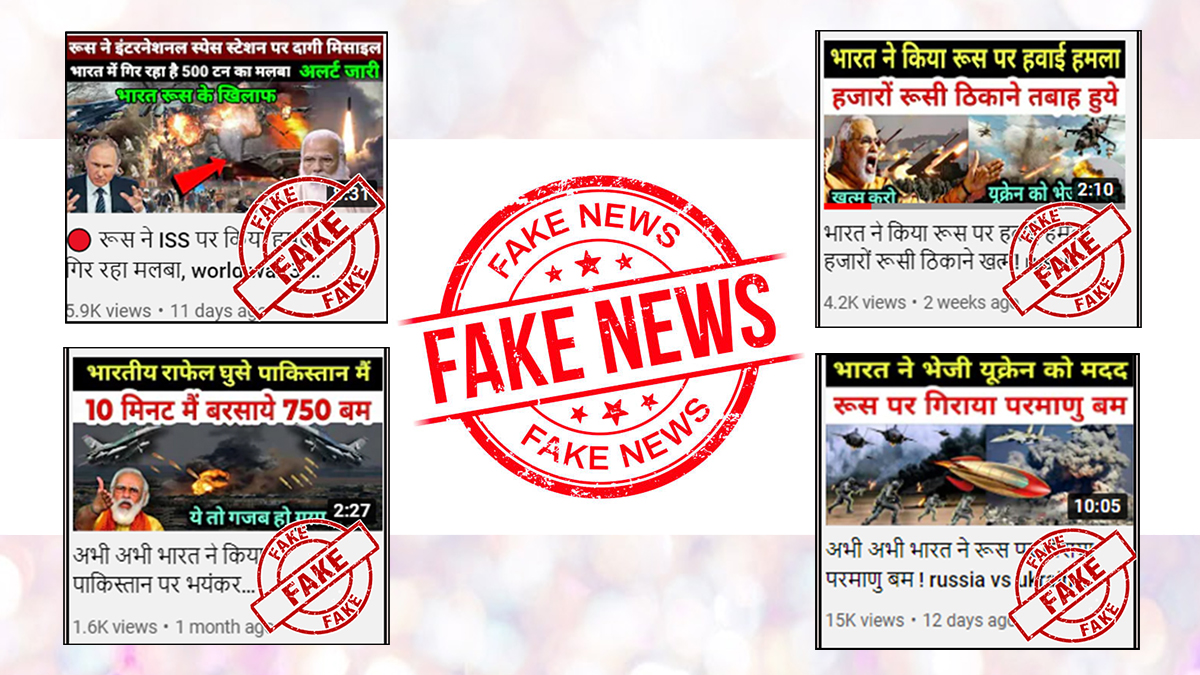
In response to the Pahalgam attack, the Indian government has blocked 16 Pakistan-based YouTube channels accused of spreading communally sensitive content. These channels had a combined total of 63 million subscribers. Meanwhile, Pakistani troops continued to violate ceasefire along the Line of Control. This follows heightened tension between India and Pakistan after the terror attack in Pahalgam.
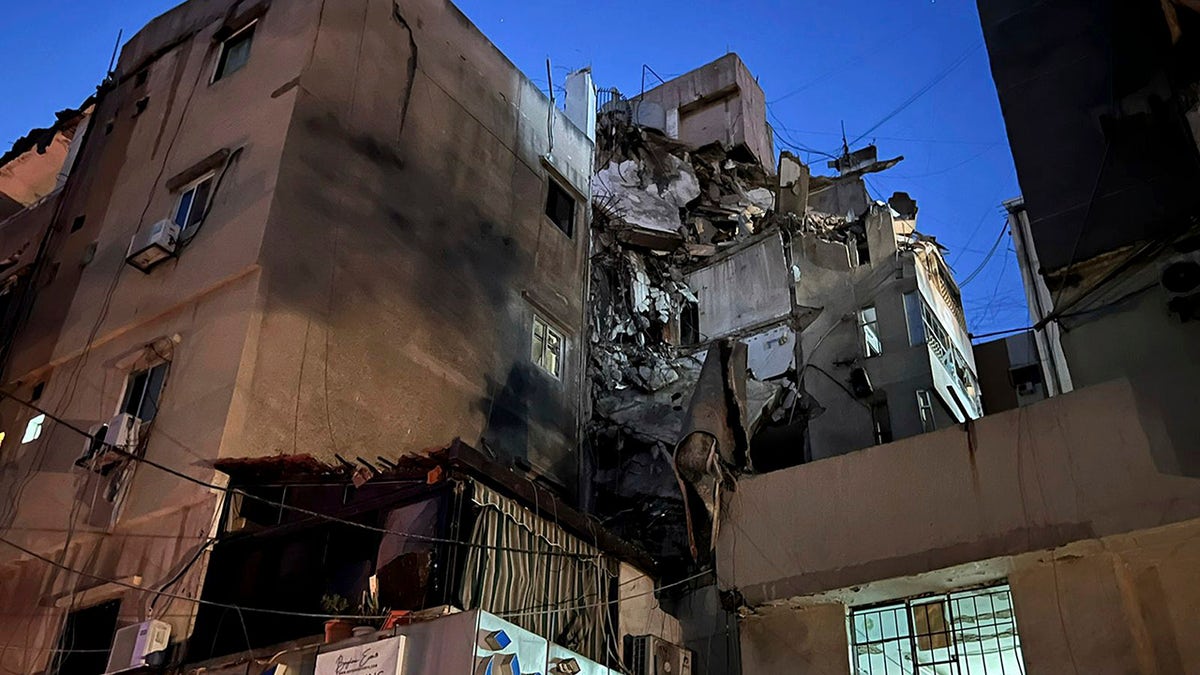
Tensions between Israel and Lebanon continue to escalate as Israel strikes South Beirut for the third time since the November 27 ceasefire. Lebanese President Joseph Aoun has called on France and the United States, who act as guarantors of the ceasefire, to put a stop to Israel's attacks. Israel claims the strikes are targeting Hezbollah's "precision-guided missiles," while Lebanon condemns them as a violation of the ceasefire agreement. The United Nations has appealed to both sides to halt any actions that could further escalate the situation.
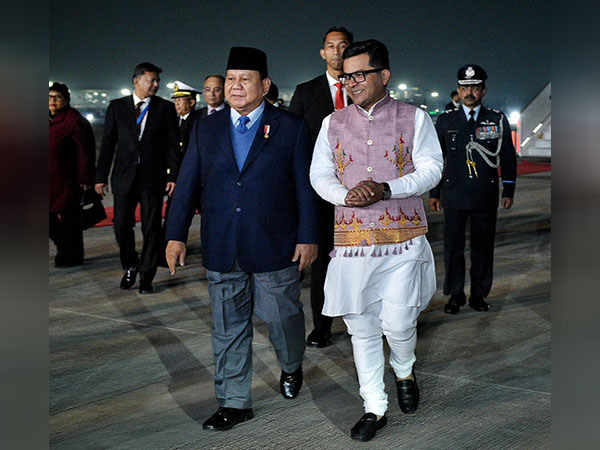
The Indonesian President, Prabowo Subianto, was the chief guest at India's 72nd Republic Day celebrations on Sunday. However, Pakistani expert Qamar Cheema has alleged that India 'put pressure' on Indonesia, leading to the cancellation of Subianto's visit to Pakistan. This move, according to Cheema, was India's way of 'settling scores' with Pakistan and Bangladesh, with whom they have growing relations. He also attributed this to India's strong economy, stating that Pakistan needs to focus on improving its economy to avoid such actions in the future.

Amidst the growing tensions between India and Pakistan, rumours circulated that Pakistan's Army Chief General Syed Asim Munir had gone missing or had fled the country. However, the Pakistani government released a photo on social media showing General Munir attending a public event with Prime Minister Shehbaz Sharif in Abbottabad on April 26, 2025. This move was seen as an attempt to dispel the speculation and present a united front amidst the escalating conflict between the two countries following the Pahalgam terror attack.